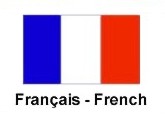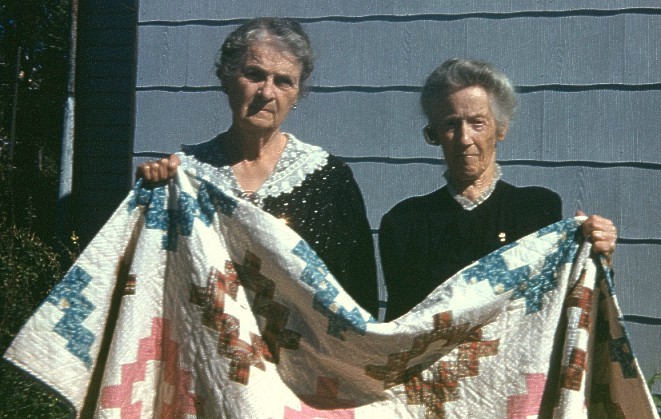We Have Helped and Been Blessed
Edna Johnson went to India.
Lois Adams Africa
Little girls in Sunday School
Learned to live the golden rule
And they do a little Dutch dance
To remind us we have neighbors.
Come, our oldest living members,
Six hundred quilts, six million stitches,
Women here have made for others,
Made for beauty and the God-dream.
Comes a singer of the choir
For the melodies of gladness
And a final psalm of sadness.
In the song of Morganville,
Where the Indians hunted bison,
Roamed the land for sustenance,
Where the pioneer with an axe
Chopped the sod to put in corn-grains,
Where we dug for beet and radish,
See this gift of Heaven's giving
In the blessed peaceful years.
Oh! the wondrous golf club picnics!
Dinners the last day of school,
Pot-luck suppers, great church luncheons,
Covered-dish feasts, ice-cream socials.
Hail! the cooking in this valley,
Needs an opera to sing it;
Needs an orchestra and trumpet.
Oh, the pageant of our vittles
Is the best show ever seen.
This cake's going to the social;
This cake's going to the altar;
This cake's going to be vanquished
From the heirloom silver plate.
Comment
Morganville's connection to that wider world is mentioned again as well as Morganville helping others. Quilt making by groups
of the village's older women was a common activity. These words also served to introduce the Dutch dancers.
The village exists because of the local farmer and the human need for food. So it is natural to give food
and its production a featured place in the village's story.
Once again, Carson is setting the audience up for a comparison, while calling forth the images of so many events
when a bountiful supply of food was central to a celebration. Later, she will contrast the situation in Morganville
and the one in Fèves.


